In an attempt to keep things a little bit more low-key with my own racing and just enjoy the process itself, I hadn’t intended to write a race report from XPD. But I’ve just got to accept that I’m an AR tragic and with an amazing set of photographs from event photographers Margarete and Murilo that pretty much tell the story of the event itself, an XPD race report was almost inevitable.
The last big expedition race I’d competed in was the Fiordlands edition of GODZone back in March, 2018. To be honest, there was enough race experiences packed into those eight days to last a lifetime. So between a focus on the Raid100 in 2019 and covid interruptions in 2020, it had been a long time between drinks. A tropical XPD was never meant to be on the cards for me – I hate the heat, love the cold and swore off ever racing a hot expedition race – but with not many options available at the moment, XPD in NQ it was.

Overview of the 11 stages of the 2021 XPD – Paddle/run, hike, bike, (bus), hike, paddle, bike/hike, bike, hike, paddle, hike. Simple right?
Since that last expedition race in NZ in 2018, I’ve had the fortune to partner up with both the McLachlan’s and the Delaney’s from Port Macquarie with a real focus on the Adventure1 series with some great results to date. This has given the team a chance to build some real experience over the 24 to 48 race distance at some amazing races on the eastern seaboard. When Leo first asked me to race XPD, I knew that if we could get one of the other couples from the Rogue team on board, we’d have a strong line up. Leo and I last raced a big race together at GODZone back in 2013 (still the most amazing race course I’ve ever done) and it was an instant “yes” from me at the chance to race together again. So when Dan and Ali McLachlan came on board, it was so reassuring to know that I’d have some very experienced, organised and strong athletes around me at the race, but more importantly a set of great friends to enjoy the experience with.
As with any big race, the old cliché about making it to the start line being the hardest part held true. It wasn’t just the looming risk of Covid lockouts though – it was a long road to get ready and I found training motivation lacking at times on top of the demands of family life and event organising, which seem to encroach further and closer to my own racing. To be honest, if you’d told me while finishing up work and packing to get ready a week out from the race that the event had been cancelled, the main emotion would’ve been relief. Thank heavens it did go ahead though – I had such a fantastic experience that it’s reignited a spark for long form adventure racing again: stupidly enough I already can’t wait for the next race.
I won’t dive into the minutiae of every step of our race. Despite the race being restricted to Australians only, there was a field of around 30 teams with some very competitive teams lined up. A top ten position in this race would be well earned. We ultimately finished in fourth place after 102 hours of racing on just 5.5 hours of sleep. The way our race played out, our focus seemed to be more about managing ourselves in the heat on the course and less about racing. Temperatures were unseasonably warm for July and everyone on the team felt the pinch at some stage to the point where we would have to slow down the pace as a collective and manage that person until they could come back again. Despite my apprehension, I wasn’t even the first to go down in the heat, although I did have a horrible first night on the race hauling my arse up to CP9. It got to the point where I swore off ever racing again and that this was it – I was truly quitting the sport for good this time. Experience has taught me that, if you actively managed the situation, you can typically come through the other side, which fortunately is how it played out. It was great to feel strong from day 2 onwards for the most part and help take on some of the workload and repay the team for all the support they gave me that first night.
As with any long race, XPD was a series of highlights and lowlights. On the start line, Leo and I put our kayak in the water to give it a quick test run where I broke my paddle blade literally on the second paddle stoke. Bad luck in one way, but at least I was able to secure a quick replacement in short order (thanks Michelle!) and it didn’t happen in the race itself, so perhaps a stroke of good luck? On that first paddle leg I was running with a new kayak seat setup that was a complete fail on the ocean – by the time we got it sorted and underway we were in second last place, although we did manage to paddle our way back up into fifth by the end of the stage. Not the ideal start though. On the theme of paddle misfortune, Dan managed to break his paddle blade 4km into the 40km kayak down the Barron River on stage 10. It was an impressive display of kayaking skills on his part to negotiate their kayak down a whitewater river single bladed without giving up too much time.
Other race low lights included all the disgusting water we drank on course – I pulled more water from dodgy sources to purify and drink at this XPD than every other race I’ve done combined. The heat was almost unbearable at times. On the stage 3 mountain bike leg was the first time I’ve seen Dan be anything less than superhuman. To be fair though, with stage 1 being a split team leg, he had run an additional 16km whereas Leo and I had the relatively cooler task of a 22km ocean kayak to kick the race off. As mentioned, I had a bad night on the stage 4 trek and Ali had her moments with overheating on the big stage 8 trek as we crossed the flatlands surrounding the Mitchell River (exacerbated by some nasty wasp stings shortly after). I suspect even Leo got knocked around by the heat a bit, particularly towards the end of the baking stage 7 bike leg, although it’s hard to tell behind his constant smile. That stage 7 bike leg was through some spectacular country below the bluffs of Mt Mulligan, however we were absolutely punished by the sun in this stage.
But for every lowlight, there were multiple highlights which rise to the top of my memories of this edition of XPD. I loved all three paddle stages. The race kicked off with a downwind ocean paddle with the tropical mountains as a backdrop. The double CTR kayaks are almost impossible to catch runners with, but it was still a fantastic way to start the race – the opportunities for ocean kayaking in races is getting rarer it seems. Both whitewater rivers were amazing and very different from each other. I’d even go as far as saying the 60km paddle down the Mitchell River was one of the best paddles I’ve done in an Australian adventure race, although I must admit I’m quite surprised given the nature of the whitewater that helmets were not mandated and the river wasn’t darkzoned. Shooting the bottom half of the biggest rapid by the light of just a headlamp at one point was certainly heart in mouth stuff.
Navigationally, we had an excellent run. We missed a track turn off just after CP25 in the dark which we needed to backtrack to, and undershot our approach to CP32 on the last night of racing – all told this might have been 25-30 minutes lost due to mistakes across the 102 hours of racing. Having four competent navigators on the team certainly helped with this. Finding the remnants of the Bicentennial National Trail and piecing the track together to connect up the stage 8 trekking check points was a fun navigational challenge.
After getting a bit behind our schedule on the first night during the stage 4 trek, our sleep strategy didn’t work out to the point where we could sleep in some of the key transition areas like we had hoped. However, while I can’t speak for the rest of the team, I had some fantastic 2 hour sleeps in sandy creek beds around the course. An enduring memory from the race will be that first golden hour in the morning where there is enough light to see by as the sun rose but the heat hadn’t come in yet – we were in some really beautiful parts of the world at these points. And even at times when we were getting punished by the sun, there were on occasion times to hide out in a passing stream to cool off.
In terms of racing, it never felt like we were pushing for a competitive result. Along with the teams that you would normally expect to be up front – Thought Sports (eventual winners), Avengers and Thunderbolt, there was also a very competitive local team in Chipesti, along with Gary Sutherland’s team of 3 Points of Contact and the up and coming Astrolabe. I highlight these teams because they were the ones we were coming into contact with out on the course. With the heavy adjudication from the race referees handing out penalties, and the darkzone on the Stage 10 whitewater kayak leg, a podium spot was always up for grabs.
Heading into the last night of racing, we were right in the mix with Thunderbolt and 3 Points of Contact at the start of the stage 9 bike leg. These teams would go on to finish second and seventh respectively. The key difference is that Thunderbolt pushed through that bike leg and managed to get on the water as the stage 10 darkzone lifted. We opted for the more relaxed approach of a pizza at the pub and a good sleep in the TA before starting stage 9. When this stage proved to be harder than expected, we missed the darkzone reopening by about 1.5 hours and took ourselves out of the mix for a podium. Had we pushed to keep pace over that last night and made it on the water with Thunderbolt, it would’ve been interesting to see how things played out. We knew both Avengers (eventual third place finishers) and Chipesti (eventual sixth place finishers) had some potentially big time penalties which allowed Thunderbolt to leap frog them. Unknown to any of those teams was that we also had a 40 minute time credit for our kayaks bags not being at one of the transition areas leading to a delay for us. I would normally back us to be at least as strong paddlers as Thunderbolt (although Dan’s broken paddle would have hampered us), so if we could have matched them over stage 9 it would have given us a good chance in the final moments of the race for a podium. But ultimately, these are all hypotheticals – we chose for the less stressful option of just moving at our own pace, and seeing how that played out. I’m proud of how the team raced and our final result. Certainly there are other teams with much bigger “if only” stories. Local team Chipesti demonstrated they are a top class outfit and without some untimely penalties, they would have been right there in the mix for the win. It would be great to see them have a crack at more national A1 races – they have indicated they are likely to be on the start line of the Raid100 in May next year, so that’s promising. Team Astrolabe is another team to keep an eye on. Mark and the team have been slowly chipping away and improving results and it was no surprise to myself to see them in the mix at XPD – expect them to be up the front of races more often going forward.
Overall there were only around dozen of the 30 starting teams that finished the full course, and of those only eight that collected every check point. This certainly speaks to how tough the course was. The heat certainly played a part in this, however I think that the level of competition at the front end of racing has definitely risen a couple of notches in the past few years, in a big part due to the opportunity to race and compete as mixed teams of four in the A1 series. What this has meant is that the divide between the top 10 teams at a race and a novice or less experienced team has widened, and I think we saw that in the results at XPD this year – I theorise there would be perhaps an even greater attrition rate on this same course if it was held ten years ago.

Nothing can match that special feeling on the finish line and is a big part of the reason why we race.
Anyway, those are some of my take home points from XPD this year. The only thing I would add is that it is truly the community of people in this sport that keeps me coming back. It was part stressful, part grind to get to the startline and even during the race there were some dark moments. But I’ve made some amazing friends and some even more amazing team mates who make it all worthwhile. It’s one thing to share in that community as a race director, but it’s another thing all together to be part of it as competitor. Thanks to Dan, Ali and Leo for one of the smoothest expedition races I’ve ever done. I’ll race with you guys anywhere, anytime – just say the word. Thanks to the guys in Vestigial Racing (tenth place overall and first all-male team) for company during the training miles and my family for letting me indulge in a week away to play in the bush. And of course thanks to the organisers and the volunteers who are a key part of that community.
On the fourth and final night of racing when we rolled into the transition area at the end of the tough stage 8 trek, my vote would have been to push on with a quick transition and get through the next bike leg. This would have given us a chance of making the restart at the opening of the darkzone on stage 10 at the expense of sleep and with a big dose of suffering. But we were a little beat up as a collective after what had proved to be a 67km/22hr hike and the team made the prudent decision to refuel and rest before pushing on. Getting the balance of these decisions right was a big part in making the finish line. When I look back on this XPD, I won’t necessarily remember our result, but I’ll certainly remember stopping at the pub for that pizza and how good it tasted and there is certainly a lesson in that alone.
Footnote: A big thanks you to Margarete and Murilo for such a fantastic set of race photos. You can find a full gallery of the team here. If you want to play along with the maps, they can be found here. Full results and tracking replay from the race can be found here. The team’s strava activity from the race can be found here.
Update: Check out the race video of the team in action at XPD:

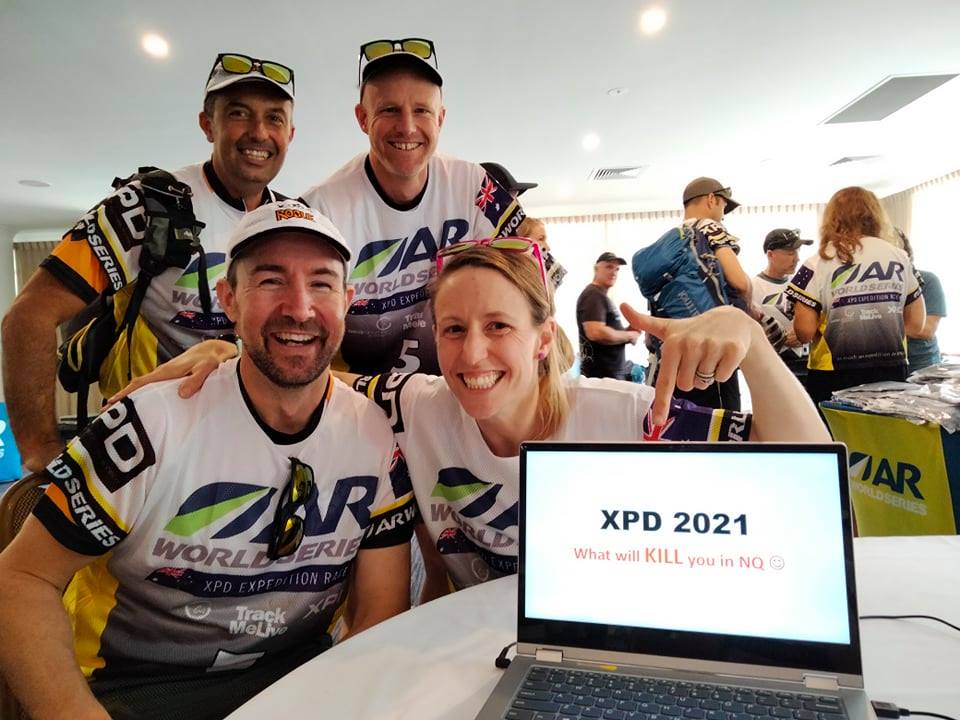
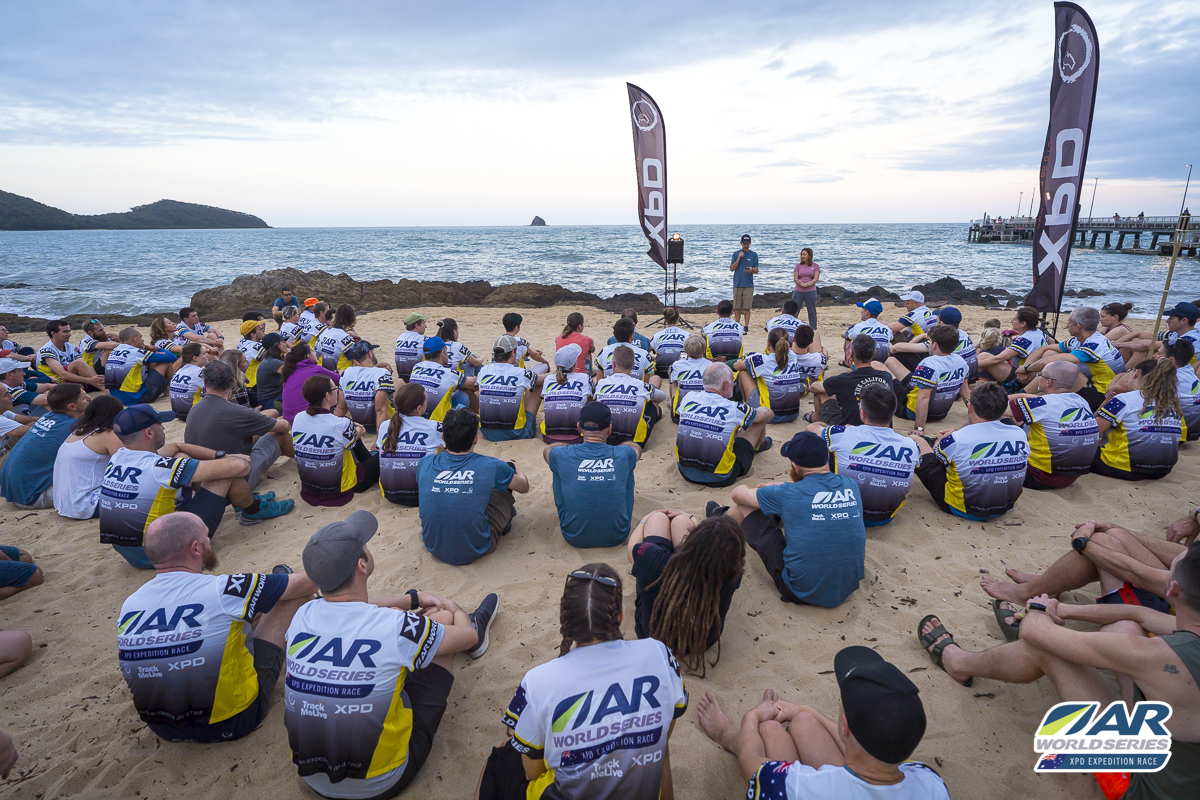
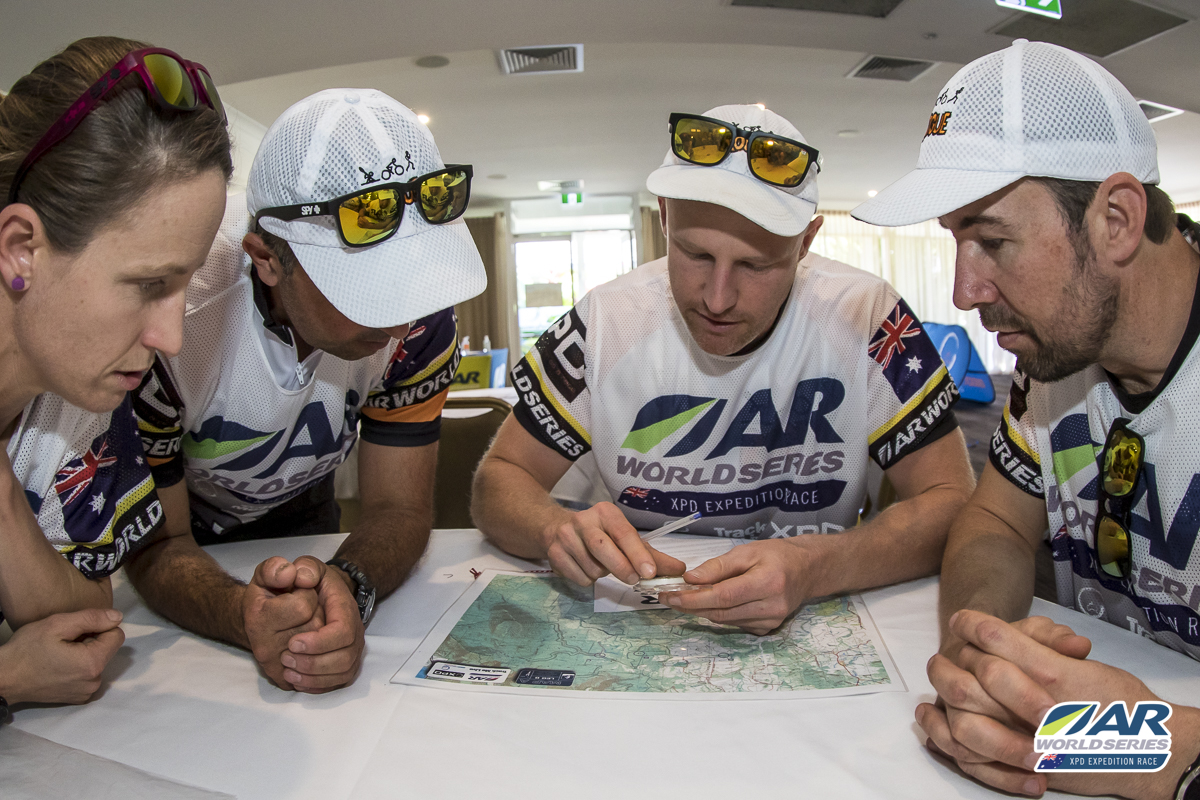
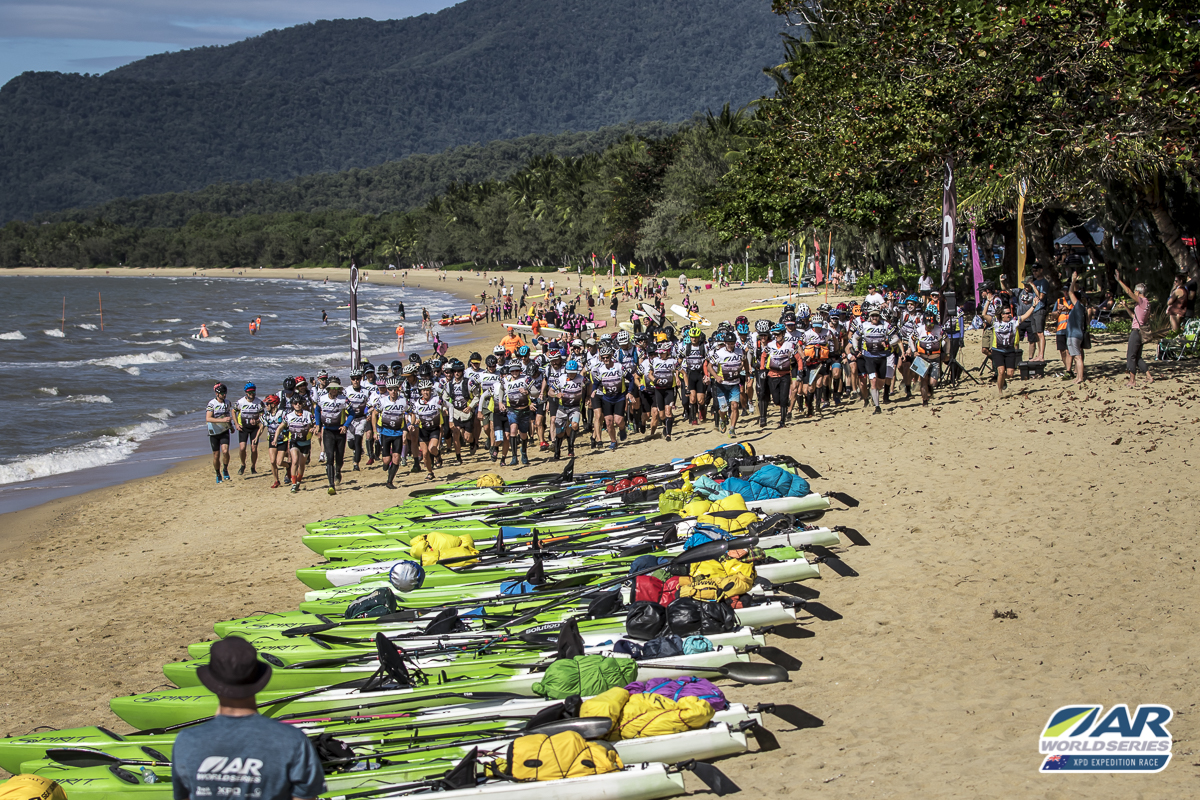
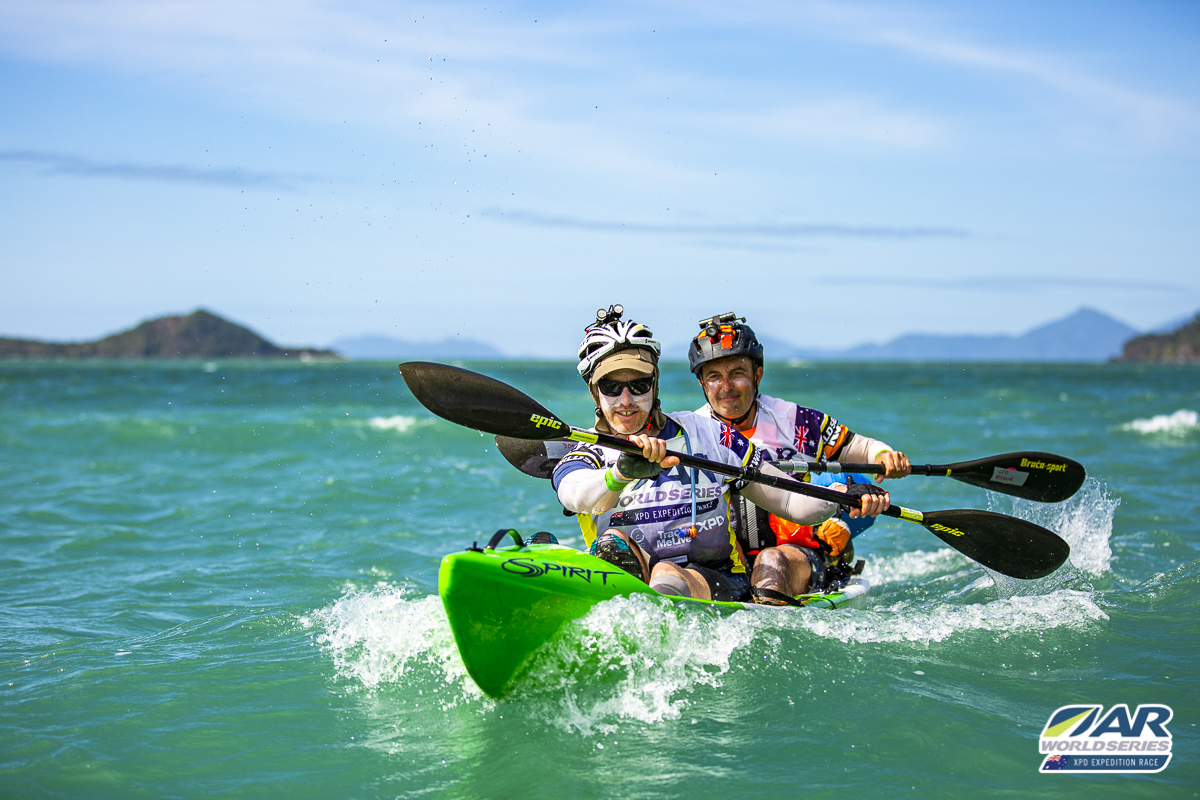
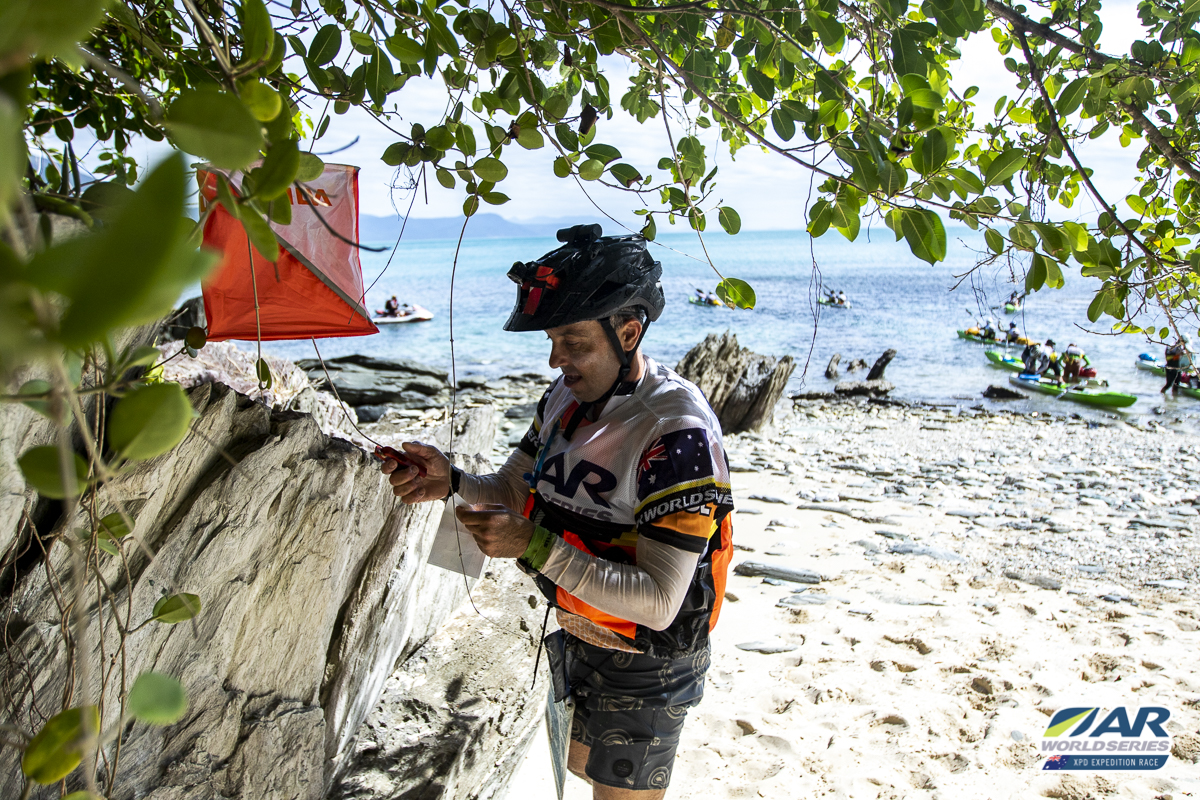

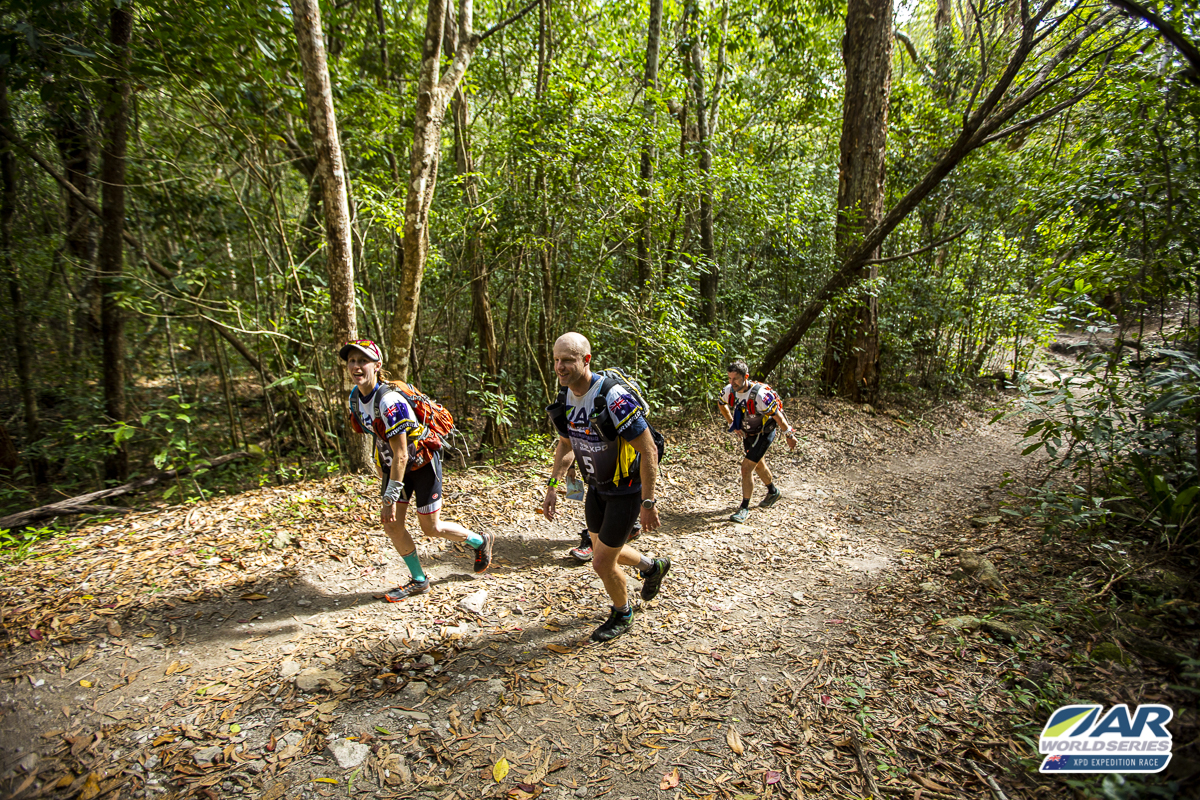
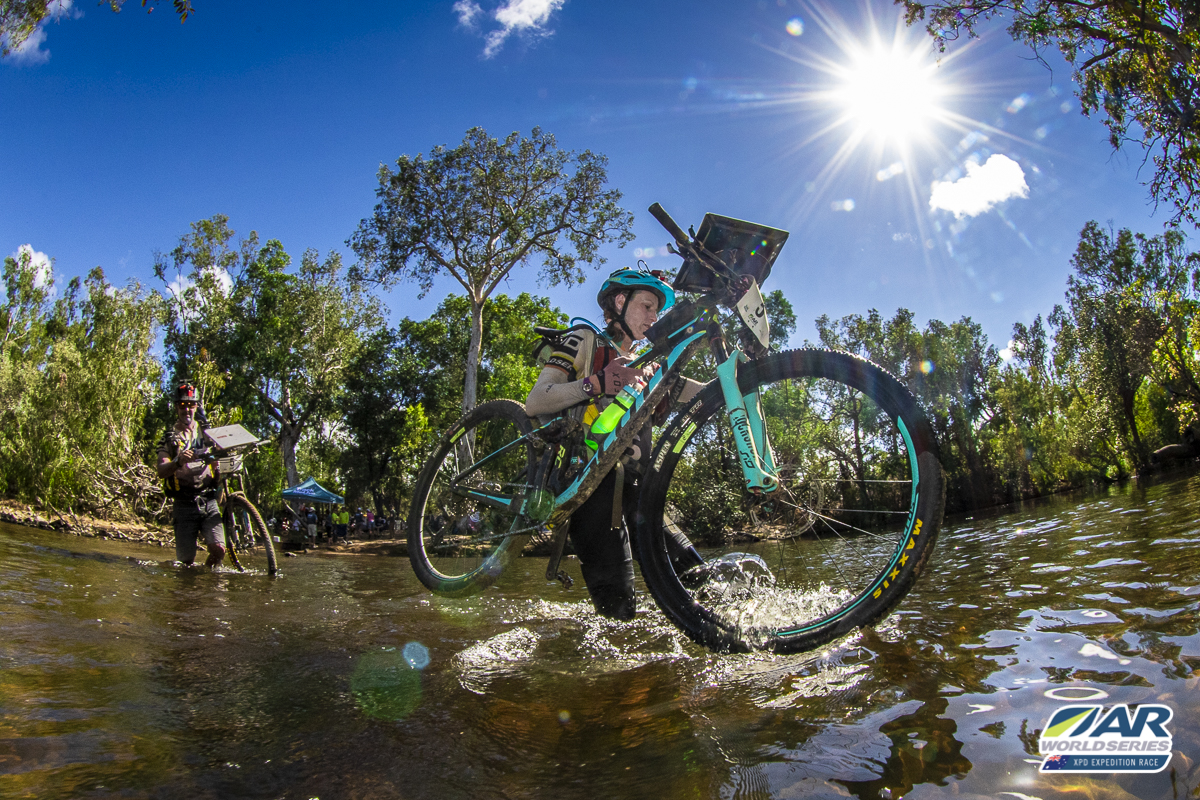


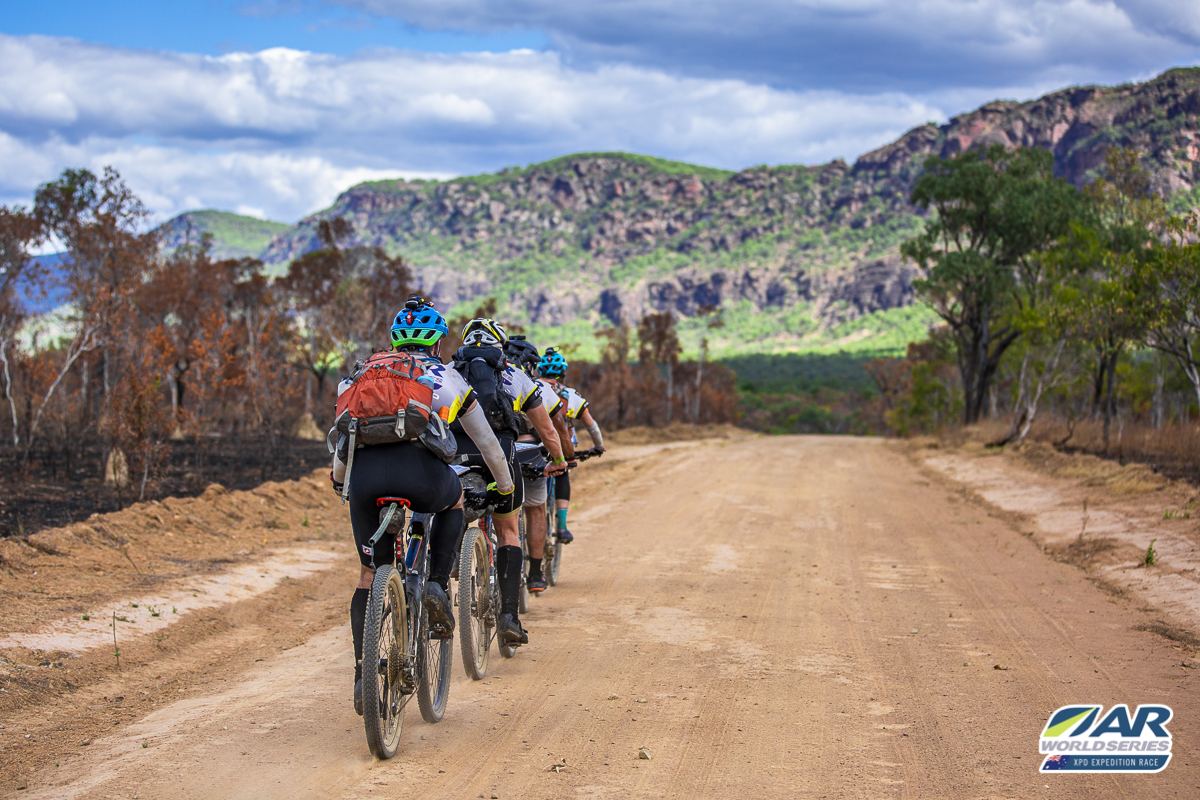
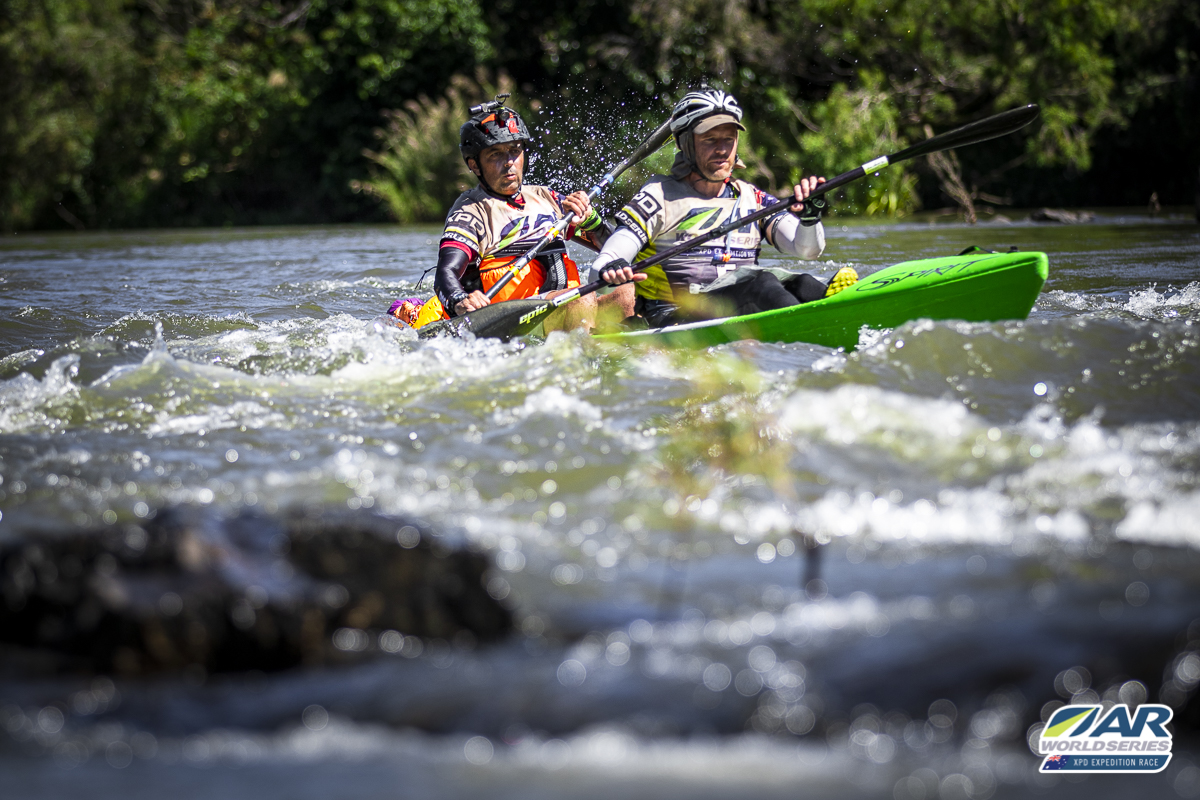
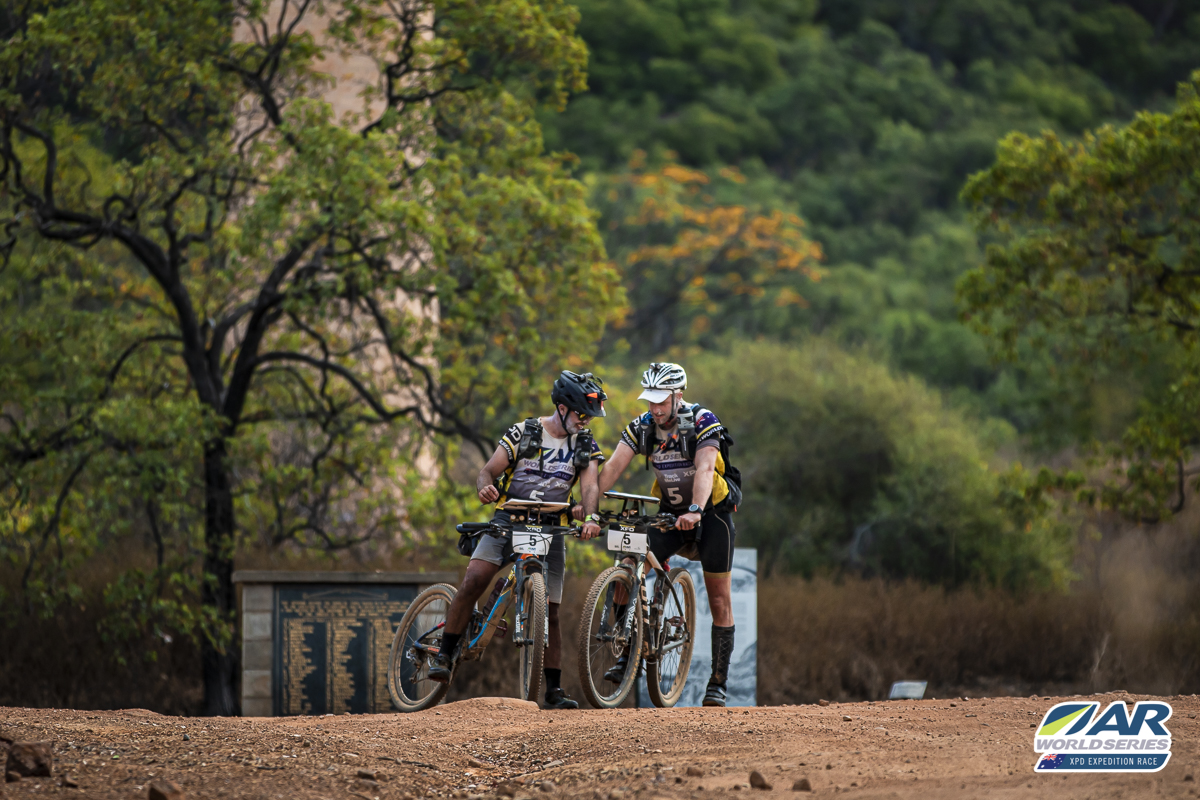
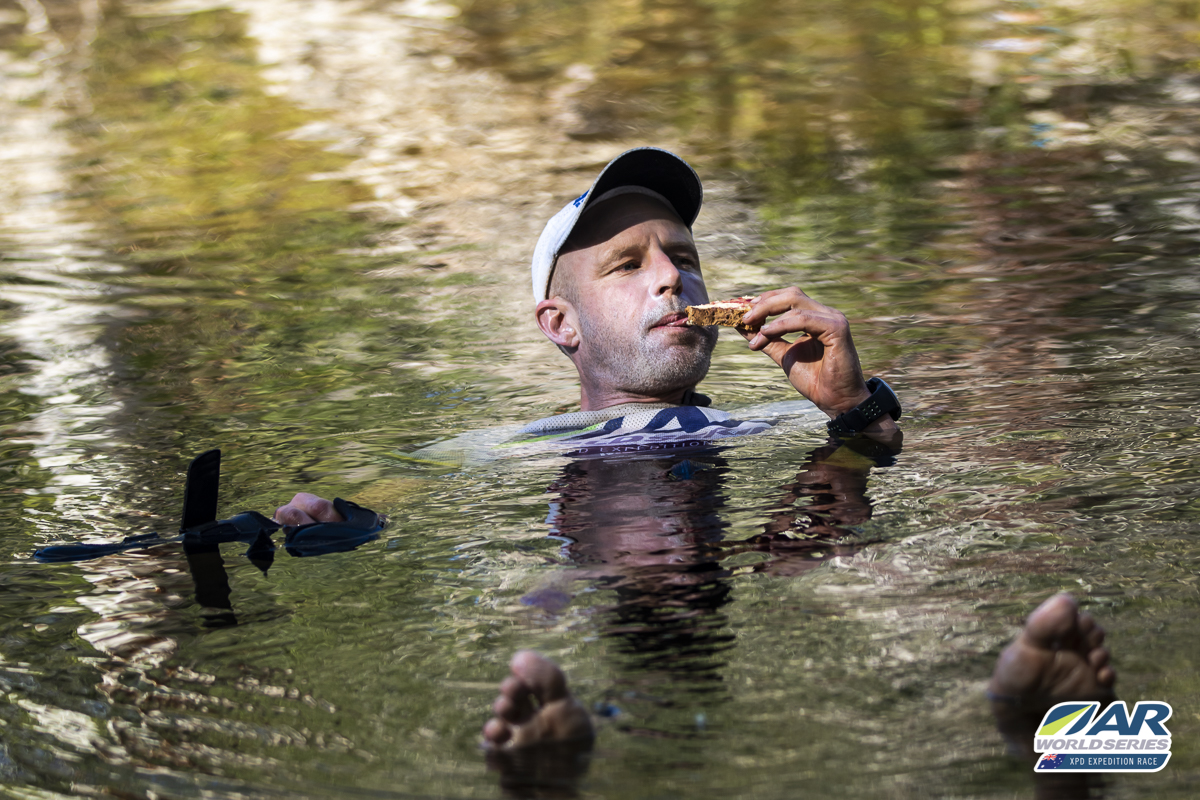
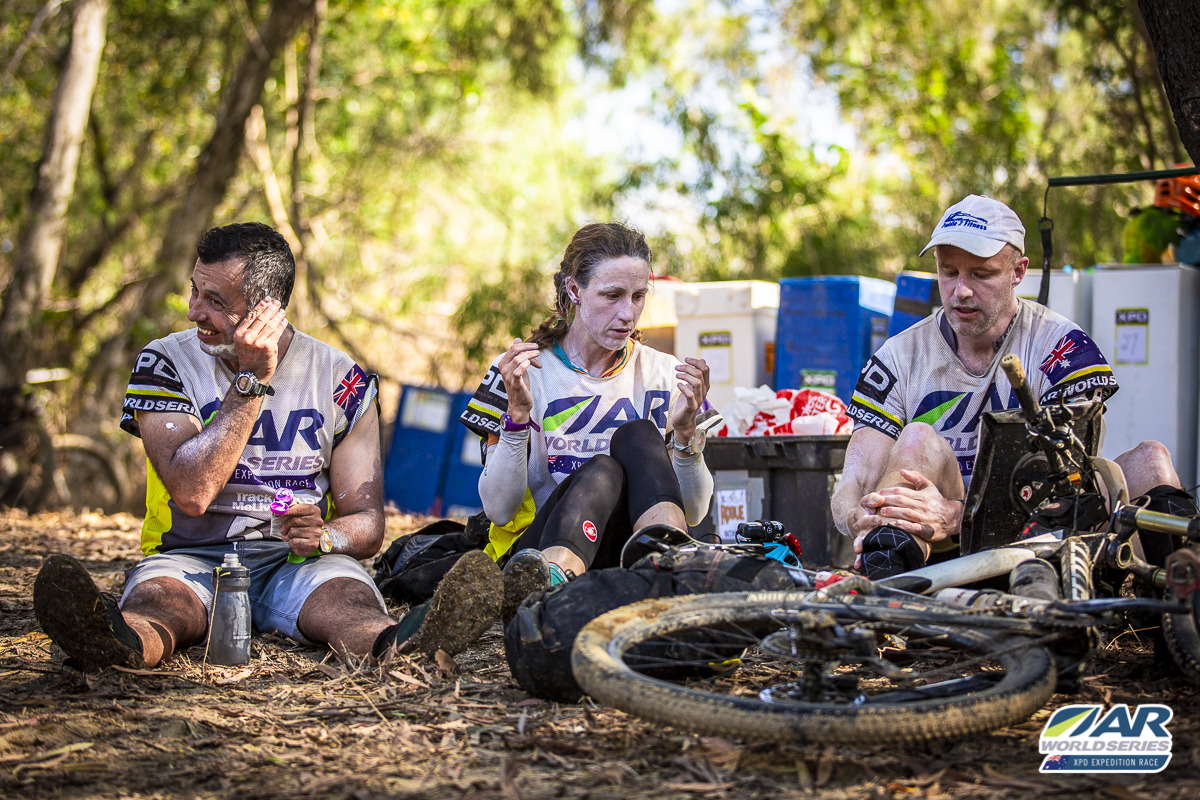
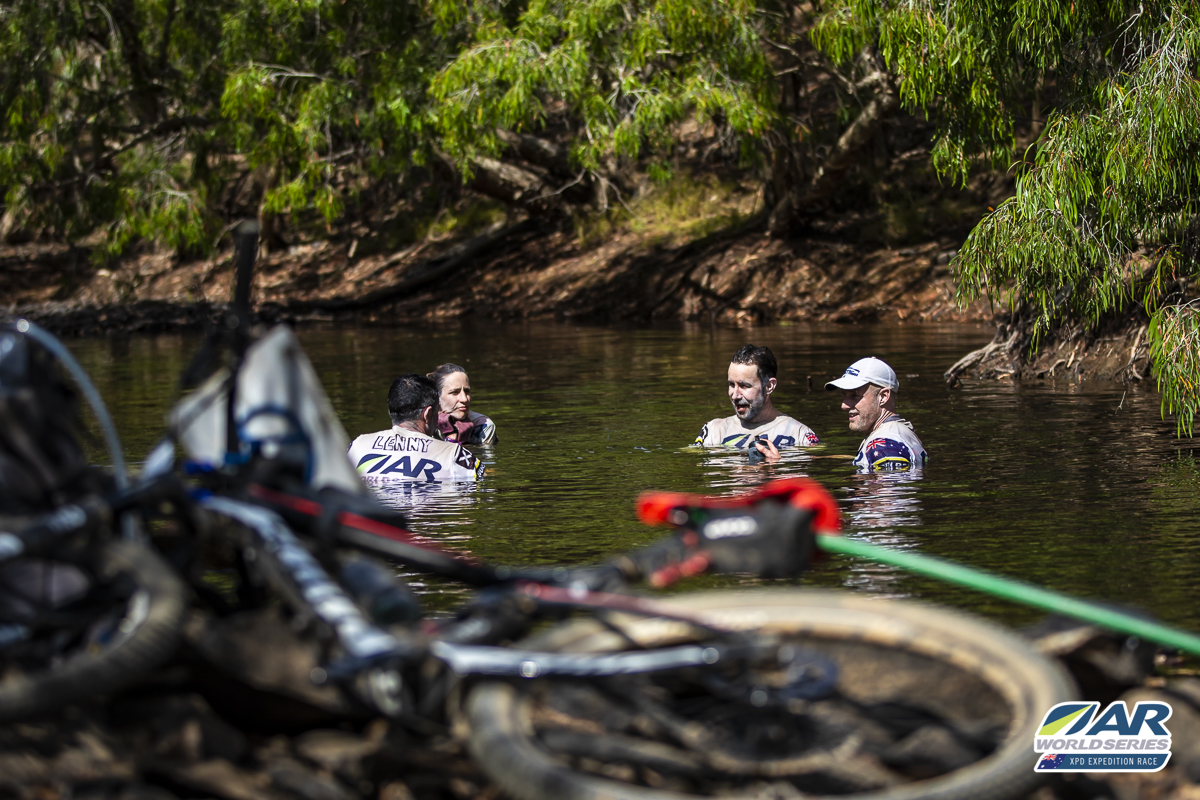

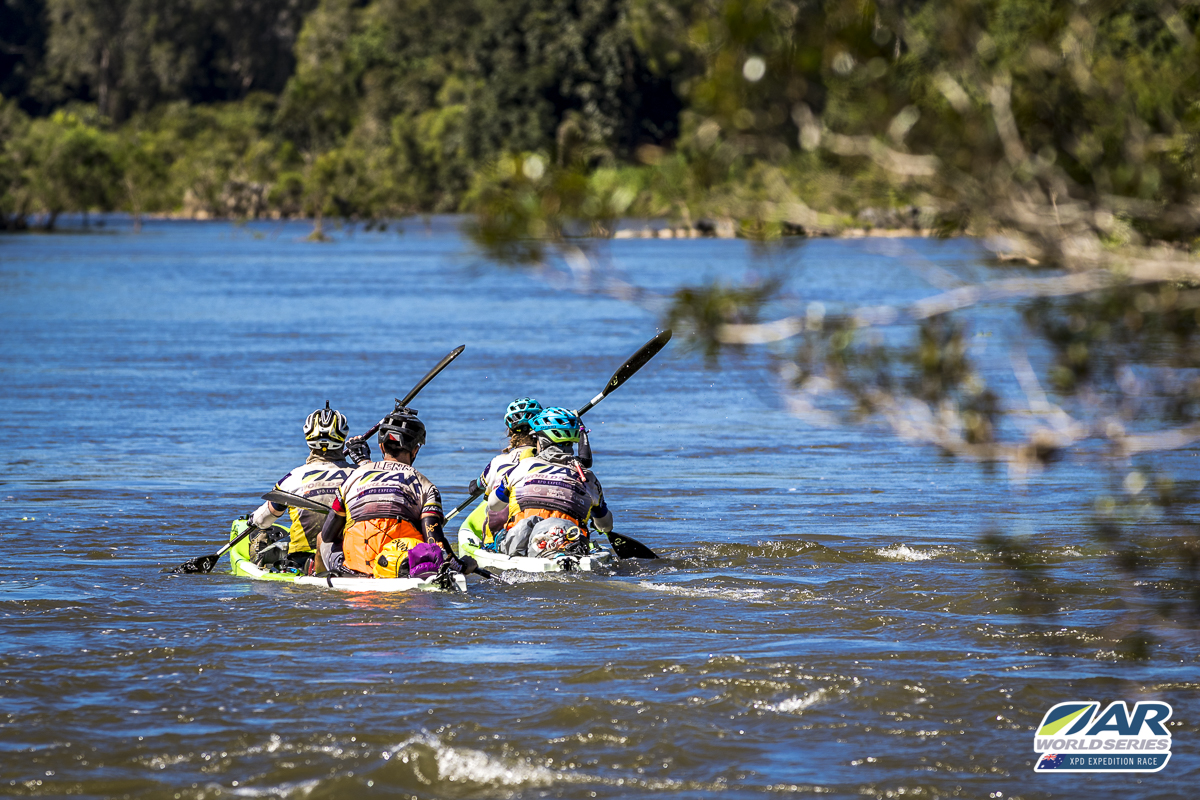
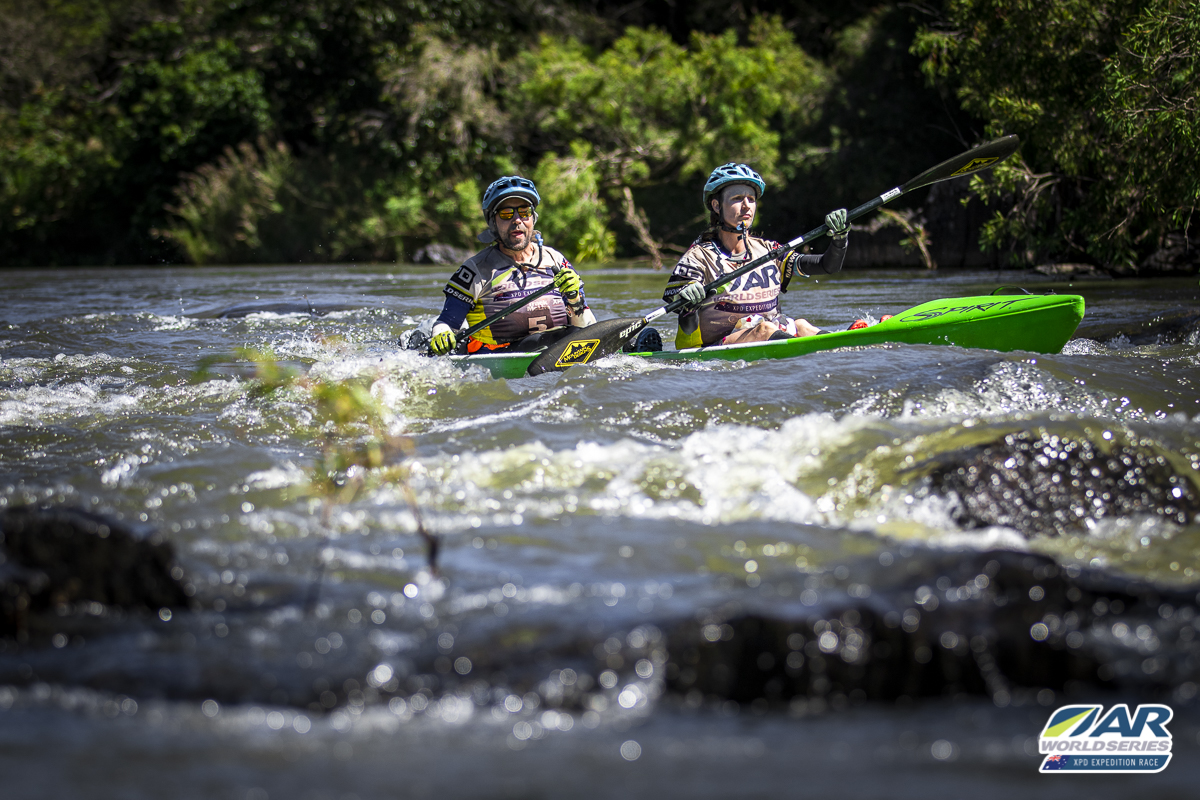
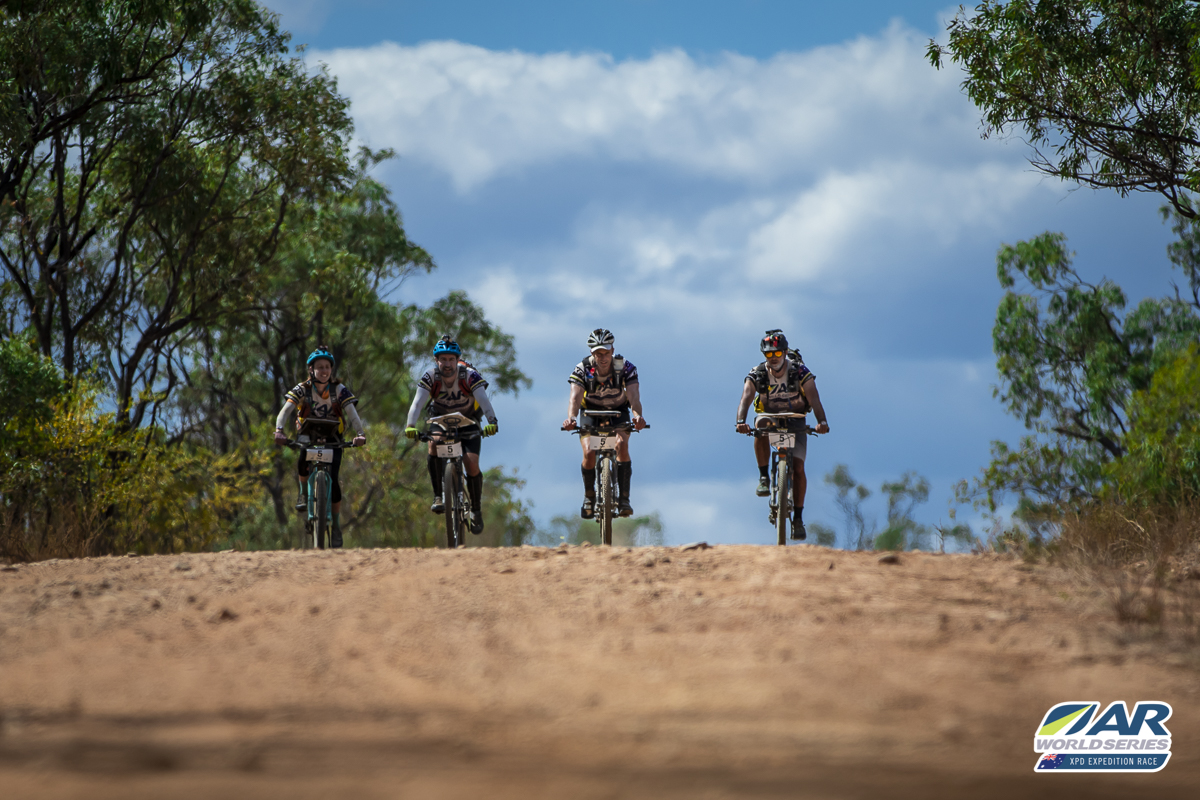
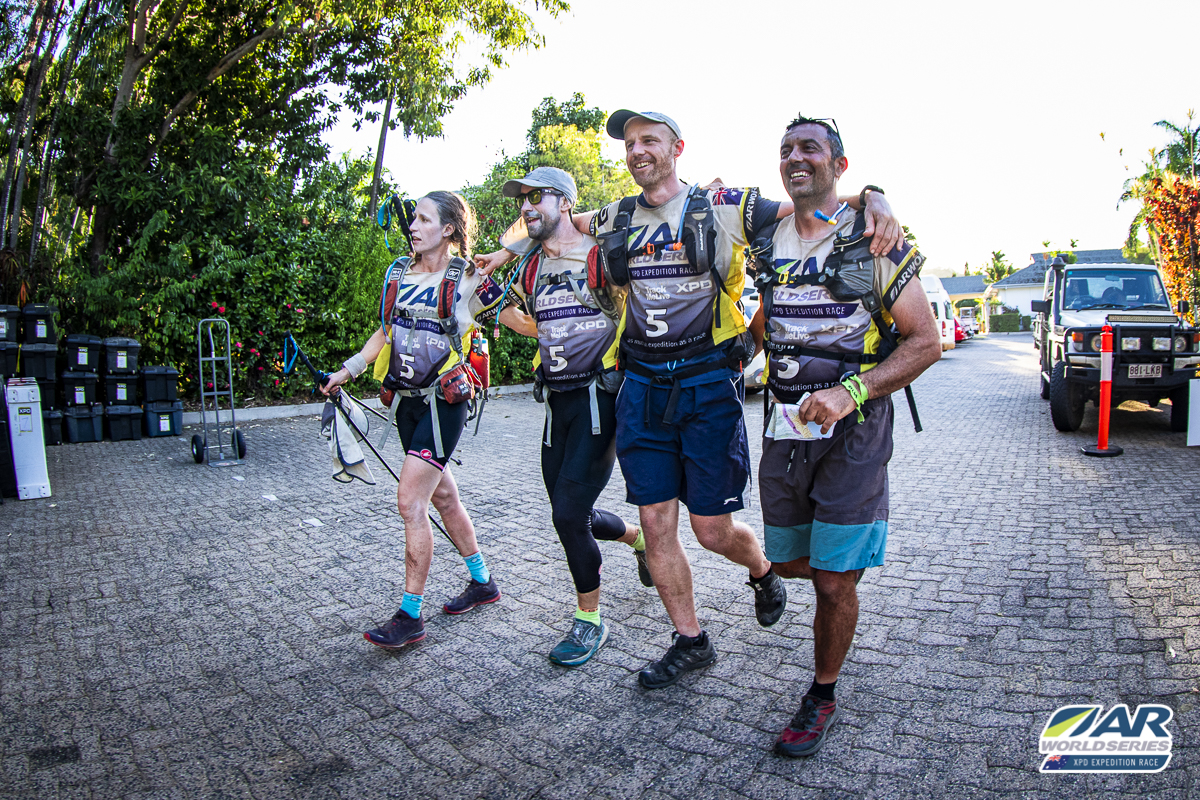
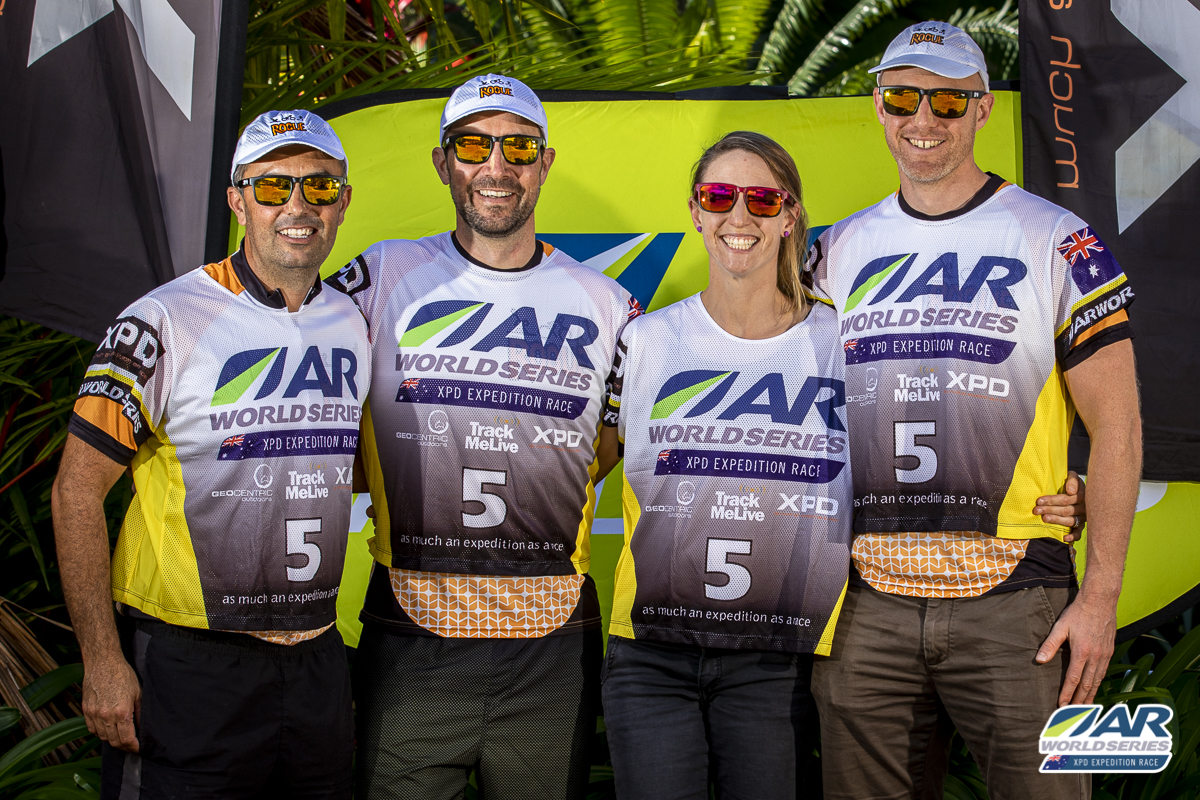
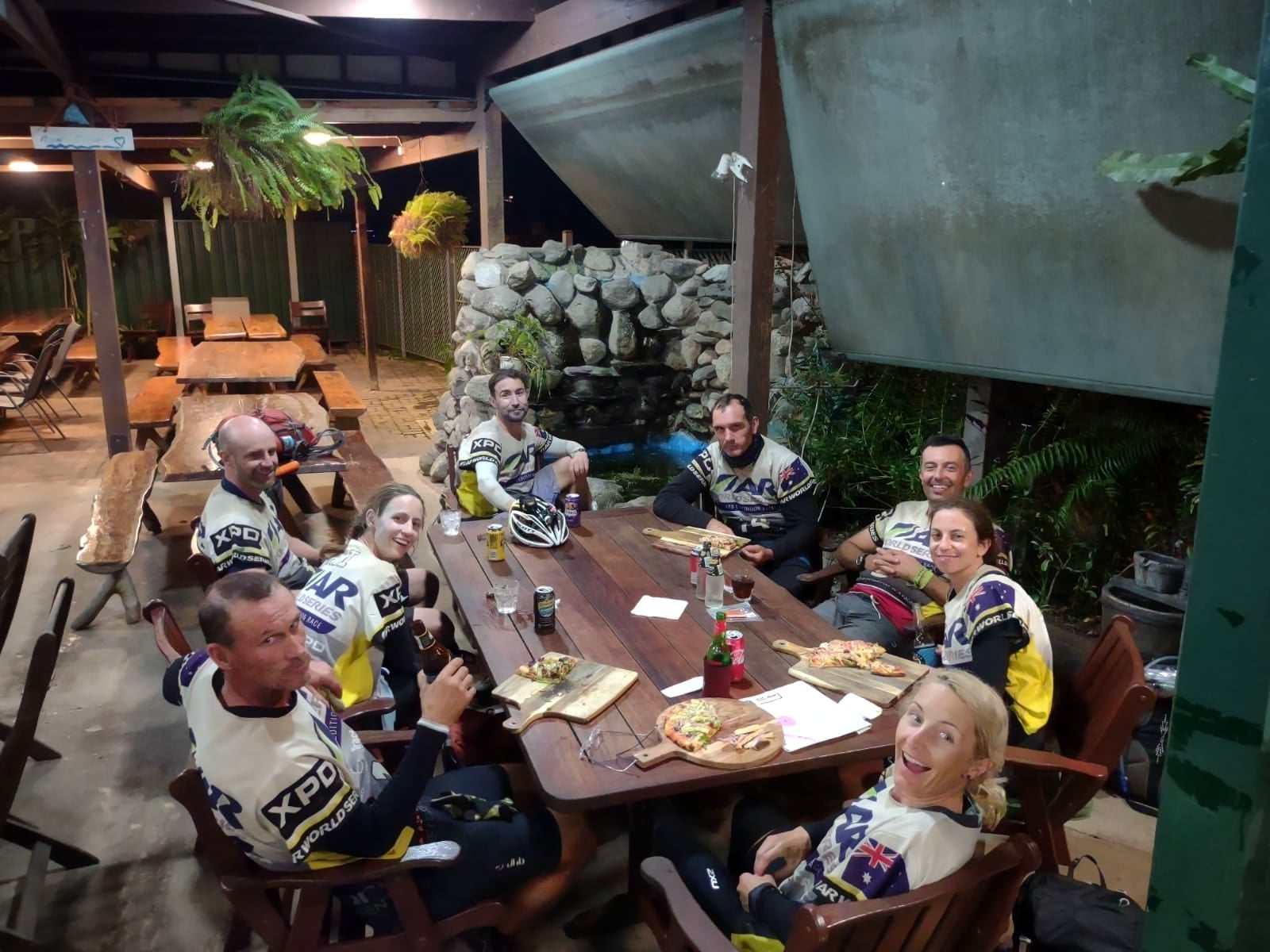

Comments are closed.